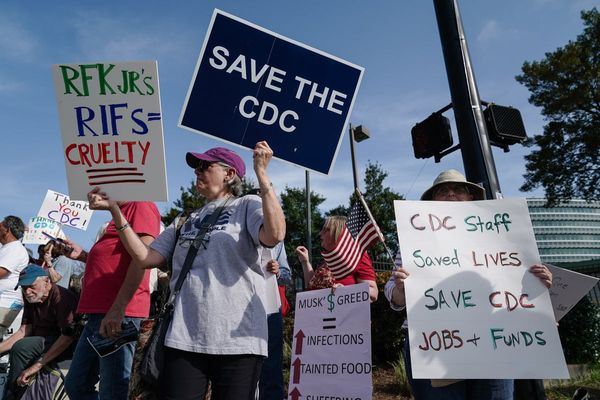
Dieselgate is back more than 10 years after the original Dieselgate scandal broke, and the United Kingdom now finds itself amidst a gigantic legal battle again for perhaps even a bigger scandal. In October 2025, a massive class action case reached London's High Court, bringing claims from some 1.6 million motorists who say they were misled about the emissions performance of their diesel vehicles.
What makes this legal case massive is that the defendants are among the giants of the auto world including Mercedes Benz, Ford, Nissan, Renault, Peugeot Citroen and others who are all accused of embedding something called 'defeat devices' in their engines. The big fallout is that if the claimants win, it could cost carmakers billions in damages and this case can reshape accountability for emissions fraud in the UK.
What is Dieselgate?
It is one of the most unbelievable scandals in auto history. The 'Dieselgate' scandal started with Volkswagen in 2015 when it was reportedly discovered that certain diesel models of the brand had some kind of software designed to allegedly cheat laboratory emissions tests. How this happened was that, under controlled test conditions, the cars met legal nitrogen oxide (NOx) limits — but once on the road, reports showed those limits were routinely flouted.
This scandal opened a massive Pandora's box of regulatory probes, fines, recalls, and legal actions worldwide like a massive domino effect. Volkswagen alone has spent tens of billions in fines, legal costs, and vehicle refits as per reports.
In the UK itself for example, Volkswagen settled an earlier litigation in 2022, reportedly agreeing to pay £193 million to around 91,000 drivers. However, it did so without admitting liability. That settlement was only the beginning of the chaos for carmarkers.
But that's not all as over the years, other carmakers have been brought under legal scrutiny for whether they adopted similar tactics in their diesel engines and the legal battles have not been pretty. The main accusation remains on a similar basis which is that defeat devices detected test conditions such as when the car is on a dynamometer and switched into a low emissions mode only during those moments, while running dirtier under real driving conditions.
Dieselgate Returns in 2025
Now, the UK trial in 2025 marks one of the largest collective actions attempted in English legal history. According to current estimates, about 1.6 million claimants are represented this time, with models from at least fourteen automakers in contention, according to reports. To streamline the process, courts have designated five firms — Mercedes-Benz, Ford, Nissan, Renault, and Stellantis' brands Peugeot and Citroën — as lead defendants for now, according to reports.
According to reports, during the first phase of the trial, judges will examine a representative sample of vehicles to determine whether illegal defeat devices were used. And then if the court finds them guilty, subsequent hearings will address damages, compensation, and how far liability extends to the carmakers. The sum at stake is gigantic with early estimates from legal observers about the total exposure for carmakers possibly being north of £6 billion.
Now it is important to note that carmakers have not accepted the allegations lightly as expected. They reportedly deny misusing defeat devices and reject direct parallels to Volkswagen's case here. Legal teams for these companies argue that emissions systems were complex, evolving, and justified by technical or environmental constraints over time as per initial reports.
Stricter Vigilance of Emissions Control Practices
The consequences in this version of Dieselgate cannot be ignored. If the courts rule in favor of the claimants, the implications go well beyond compensation checks. A verdict would possibly establish the legal principle that carmakers can be held accountable for misleading emissions claims, even years after the fact. It could also inspire further litigation in other countries, and push regulators to impose stricter vigilance of emissions control practices.
Yet even a judgement in favor of drivers would not force carmakers to repair or recall the affected vehicles. That responsibility lies with governmental authorities. In the UK as per a report, although the legal framework for recalls has existed since 2021, ministers have rarely used it to sanction polluting diesel cars. If true, this leaves millions of potentially dirty diesel vehicles still on British roads, with public health consequences that would eventually follow from the pollution.







